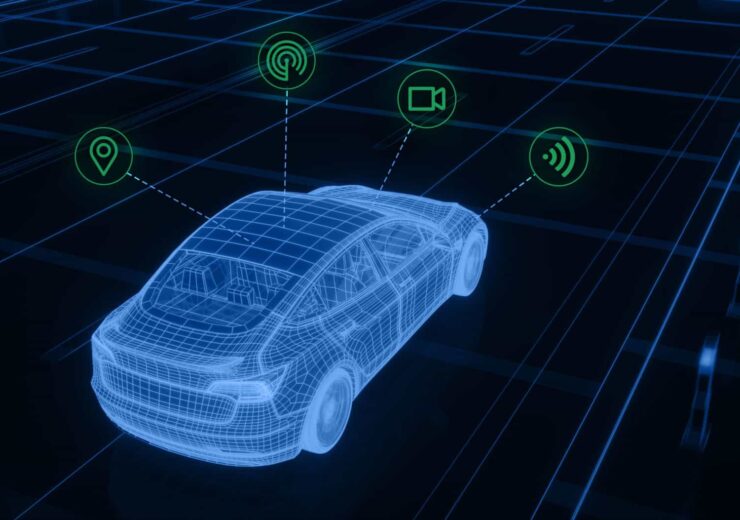Initially, the partners plan to implement NVISO’s AI solutions for social robots and in-cabin monitoring systems on BrainChip’s Akida processors

BrainChip and NVISO plan to target automotive and Edge AI devices. (Credit: BrainChip)
BrainChip has joined forces with nViso SA (NVISO) for providing human behavioural analytics for battery-powered applications in robotics and mobility/automotive for addressing the requirement for high levels of artificial intelligence (AI) performance with ultra-low power technologies.
Based in Australia, BrainChip is a producer of neuromorphic artificial intelligence (AI) IP and chips.
NVISO, which is based in Switzerland, is a human behavioral analytics AI company.
Initially, the duo plan to implement NVISO’s AI solutions for social robots and in-cabin monitoring systems on the Akida processors of BrainChip.
NVISO CEO Tim Llewellynn said: “Our work with BrainChip will support AI’s demanding power/cost/performance needs for OEMs, even at mass production and scale, so they can benefit from faster and more efficient development cycles.
“Ultra-low power edge-based consumer processing is expected to deliver a more intelligent and individualised user experience, and we believe running our AI solutions for Social Robots and In-cabin Monitoring Systems on Akida will provide a competitive edge for joint customers demanding always-on features on low power budgets.”
The technology of NVISO can analyse signals of human behaviour like facial expressions, identity, emotions, head poses, gestures, gaze, activities, and objects with which users interact.
The company’s collaboration with BrainChip is anticipated to facilitate more advanced, more accurate, and more capable AI on consumer products.
Akida, which is the first-to-market neuromorphic processor of BrainChip is said to mimic the human brain. By doing so, the processor analyses only the necessary sensor inputs at the point of acquisition to process data efficiently with precision and less consumption of energy.
According to the partners, by confining AI/machine learning (MI) local to the chip and independent of the cloud, the latency while enhancing privacy and data security is also drastically reduced.
BrainChip CEO Sean Hehir said: “NVISO’s human behavioral analytics AI systems offer fascinating possibilities in homes, cars, buildings, hospitals, and more, and we’re enthusiastic about supporting these functions with BrainChip’s processing performance and energy efficiency.
“This is not only a collaboration between two companies, it’s advancing the state of the art in AI with platforms for edge AI devices to interpret human behavior, improving product performance and user experience.”


